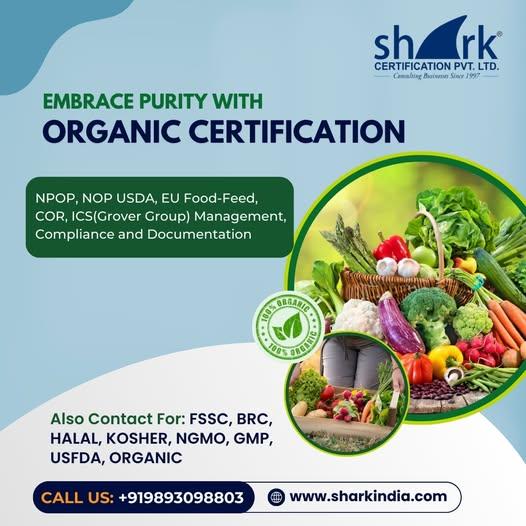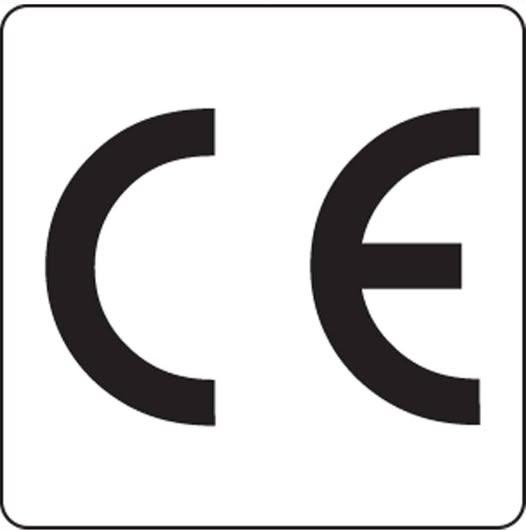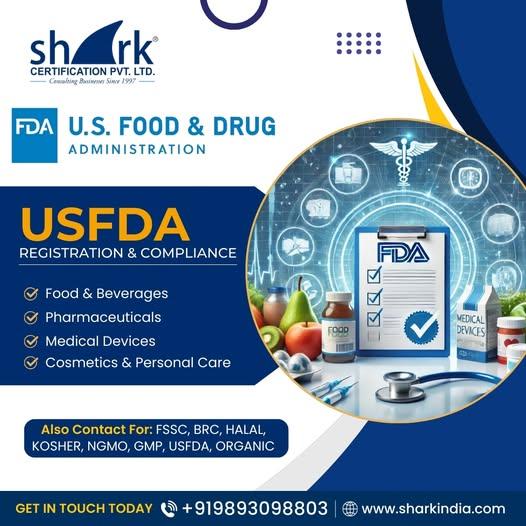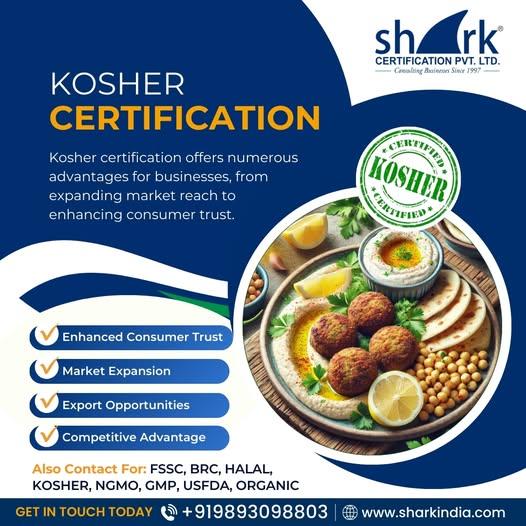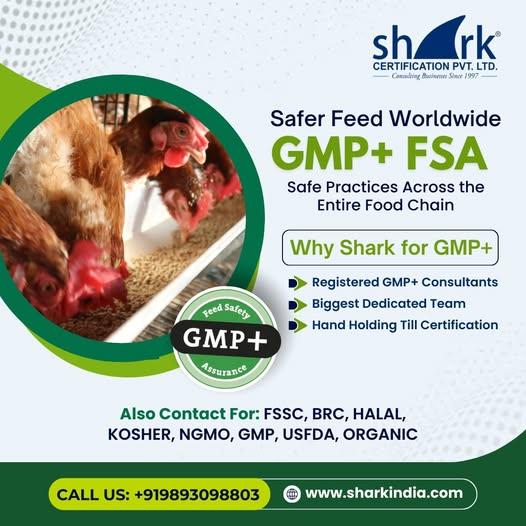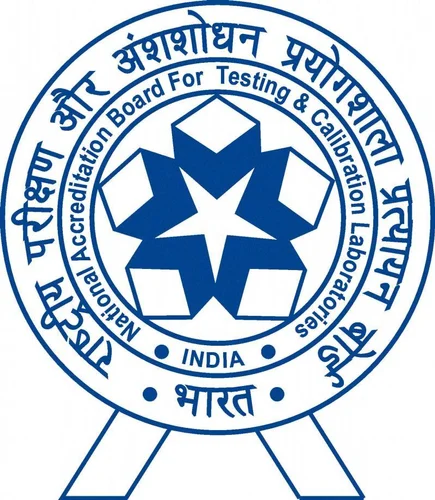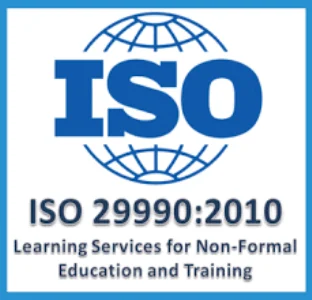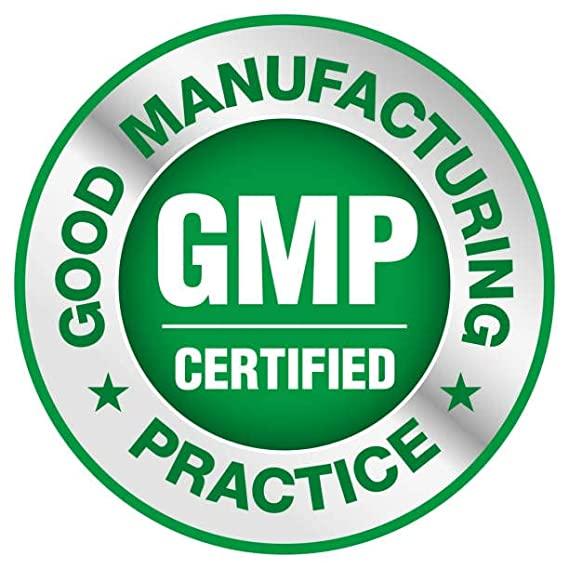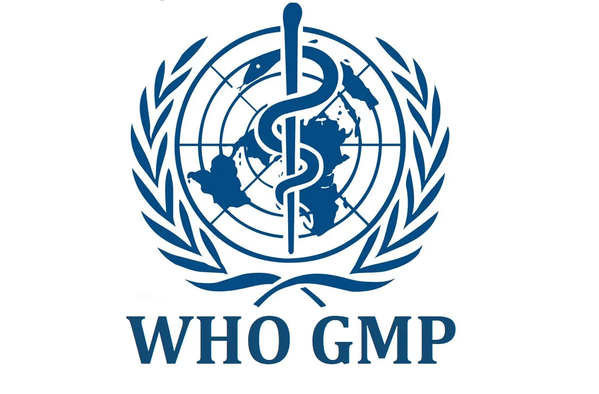Ensure Transparency and Trust with Non-GMO Certification Offered by Shark Certification Pvt. Ltd., Indore As global consumers grow increasingly conscious about the origins of their food and feed, demonstrating that your products are free from genetically modified organisms (GMOs) has never been more important. At Shark Certification Pvt. Ltd., we help businesses build consumer confidence through Non-GMO Supply Chain Certification that verifies every step of production meets stringent non-GMO standards. What is Non-GMO Certification? Our Non-GMO Supply Chain Standard ensures that your product—whether it's a single ingredient or a fully processed food item—is traceable and compliant from seed to shelf. Certification is based on key EU regulations, including Directive 2001/18/EC, and Regulations 1829/2003 & 1830/2003, providing a robust foundation for global market access. This certification applies to: Seed Providers and Farmers Traders and Processors Storage and Transport Providers Sampling and Testing Laboratories We conduct independent audits of your quality management systems, focusing on GMO traceability, legal compliance, and proper labelling practices throughout the entire supply chain. Certified organizations are subject to annual surveillance audits to maintain ongoing compliance and market credibility. Key Areas Covered Under the Standard Seed selection and GMO-free verification Crop cultivation, harvest, and post-harvest handling Transportation and warehousing procedures Processing and packaging operations Sampling, testing, and analytical methods Final product labelling and legal compliance This certification is ideal for companies aiming to demonstrate full transparency, reduce risk, and meet consumer expectations in the non-GMO food and feed markets. Protect Ecosystems with Non-Biome Supply Chain Certification In response to increasing concern over deforestation and biodiversity loss—particularly in sensitive regions like the Brazilian Amazon Biome—Shark Certification Pvt. Ltd. also offers Non-Biome Supply Chain Certification for organizations sourcing soybeans from Brazil. Since 2006, a collective agreement has prevented the trade of soybeans grown in the Amazon Biome, helping curb illegal land conversion and environmental degradation. Our certification verifies that your soy products are sourced exclusively from areas outside the protected biome, in line with this long-standing agreement. Benefits of Non-Biome Certification Ensure soy sourcing aligns with global sustainability efforts Reduce environmental impact associated with deforestation Strengthen your brand’s environmental responsibility Maintain traceability and accountability in sourcing Meet buyer and stakeholder demands for eco-conscious sourcing Like our other services, this certification does not replace compliance with national or international regulations, but it does enhance your market reputation by demonstrating responsible sourcing practices. Why Choose Shark Certification Pvt. Ltd.? Located in the heart of Indore, Shark Certification Pvt. Ltd. is a trusted partner for businesses seeking credible, third-party verification in the areas of sustainable agriculture, food safety, and supply chain integrity. Our team of experienced auditors and compliance experts are here to guide you through every step of the Non-GMO or Non-Biome certification process, ensuring a smooth, efficient, and transparent experience. Certify Non-GMO Products with Confidence If you're ready to showcase your commitment to safe, traceable, and environmentally responsible products, Shark Certification Pvt. Ltd. is here to help. Whether you're a farmer, food processor, trader, or logistics provider—we provide end-to-end certification solutions tailored to your role in the supply chain. Contact us today to begin your certification journey and strengthen your position in the sustainable and non-GMO marketplace.

